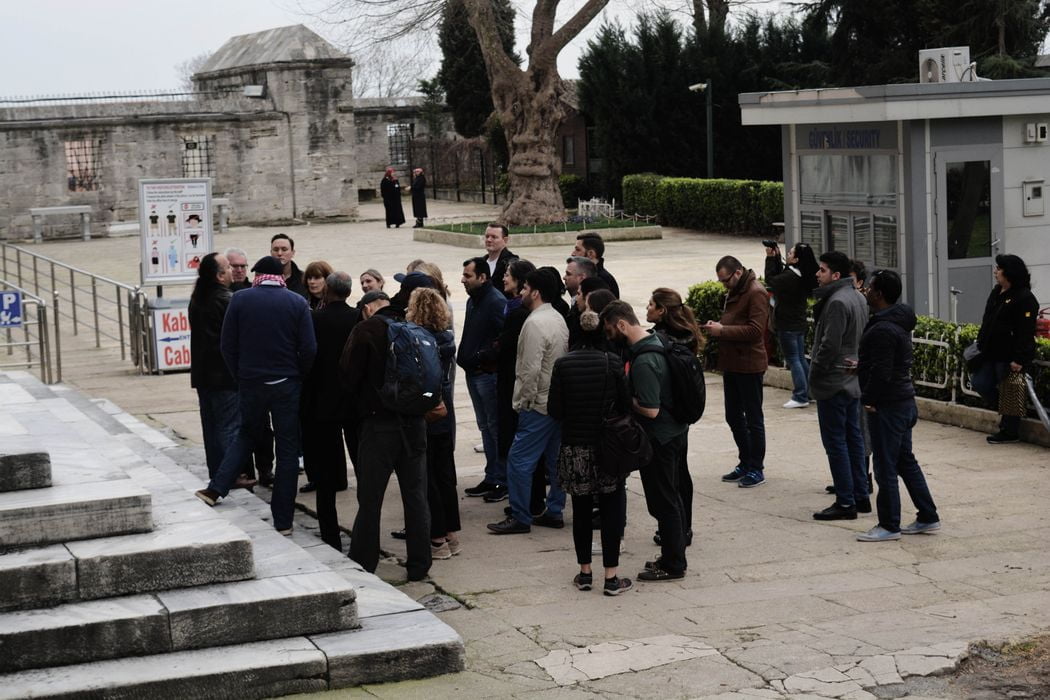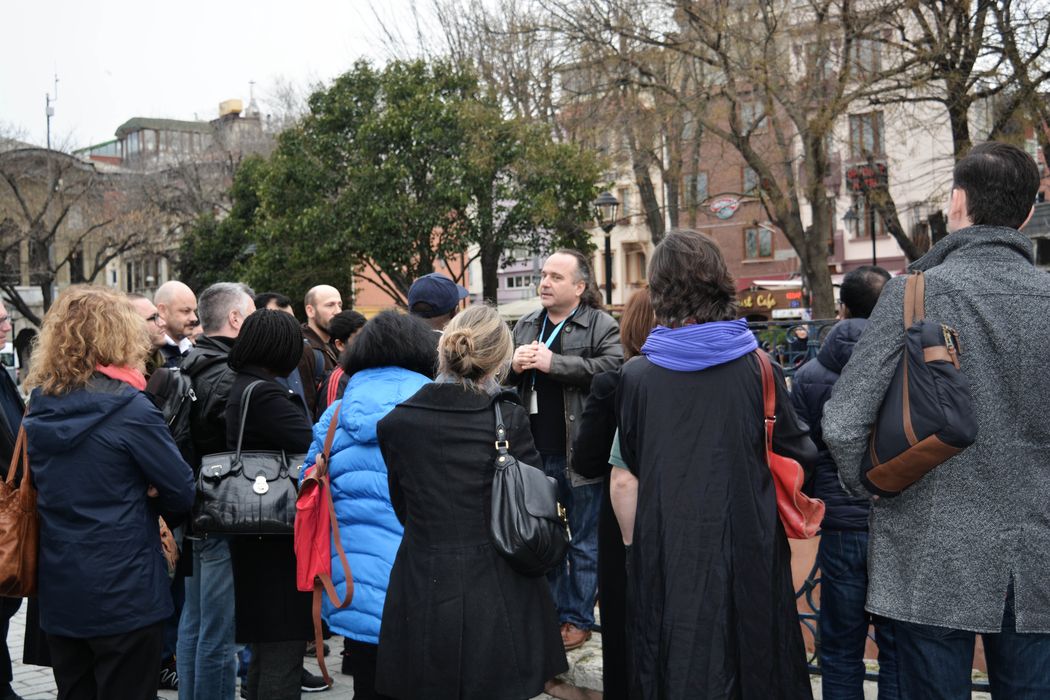Constantine Ducas when he became Emperor in 1059 had not lost touch with the friend of forty years ago and he eventually showed his confidence in Psellus by making him his son’s tutor — unfortunately for the Empire as it turned out, for the young man trained up on the lines of a philosopher-king as visualized by Psellus proved useless at defending frontiers against invading Turks or Normans and had to abdicate.
Psellus’s most fruitful efforts were in promoting higher education and in the influence of his own written works. His was the driving force behind the reorganization of the State University of Constantinople in 1045 and in this connection his influence in imperial circles was used to good effect. There were evidently available both a number of educated men to act as lecturers and a student body wishing to use opportunities of this kind, so that Psellus’s extravagant remarks in the Chronographia on his uphill task and Anna Comnena’s caustic comments in the Alexiad on the low ebb to which learning had sunk in the eleventh century cannot be taken entirely at their face value.
Not that the effect of Psellus’s dynamic personality can be denied, nor should his work in stimulating interest in Platonic studies be underestimated. It was not for nothing that Xiphilinus implied that he was making a god of his Plato’. Psellus’s philosophical leanings can be discerned here and there in the Chronographia, but it is only from the complete corpus of his works that his activities and academic interests can be fully reconstructed. Philosophy, with special emphasis on Platonism, was conceived as the crown and summit of the scholar’s life.
Interested in philosophical
Yet Psellus when challenged was the first to admit that such activity was visualized only within, and therefore to some extent limited by, the accepted Christian framework. It would moreover be inaccurate to imagine that Psellus was interested in philosophical to the exclusion of all other pursuits. He was concerned with Christian theology, with the Christian interpretation of the universe, he shared, for instance, the almost universal belief in miracles however much he protested against magical practices, and was evidently well versed in contemporary views on the demon world.
He often clothed his thoughts in what seems to us to be a flood of rhetoric, particularly in his speeches and letters. But he had an eye for detail, he was a shrewd judge of human nature, and he could produce fine, balanced, accurate prose portraits of his contemporaries. The Chronographia speaks for itself and can more than hold its own with similar contemporary literature of the Latin world.
Read More about Ibn Battuta part 54








